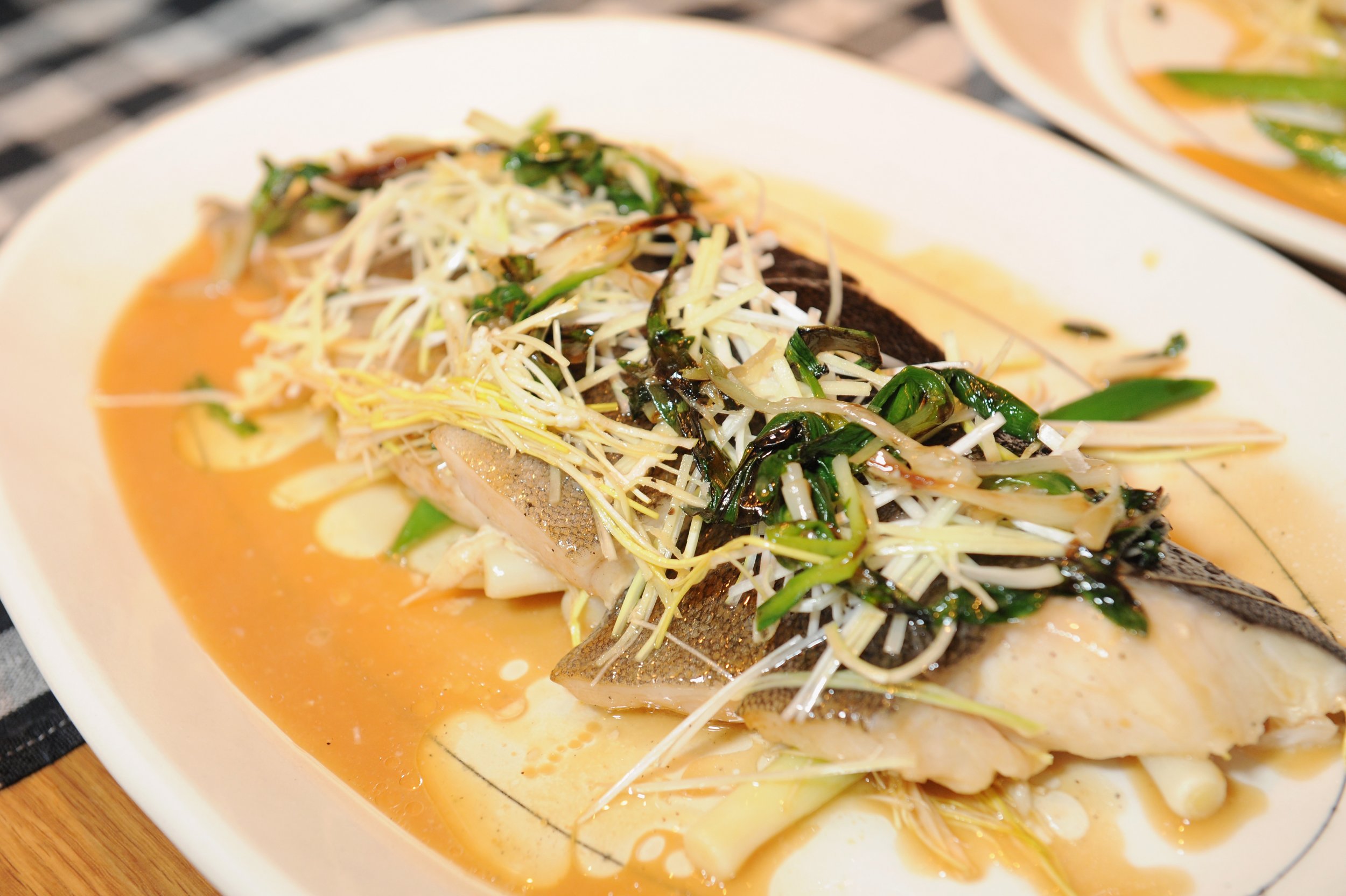
The Mediterranean diet has long been hailed by doctors as the best choice for heart health, with studies showing that people who eat plenty of vegetables, fish and olive oil are at lower risk of heart disease. Now, researchers show that following this plan could protect against prostate cancer, too. Mediterranean diets are heavy on fish, nuts, olive oil, fruits, vegetables and legumes.
Related: Is Prostate Cancer Dangerous? Mitt Romney Treated for Tumor
Prostate cancer is the most common form of non-skin cancer found in men. While 90 percent of cases are diagnosed early and the mortality rate is low, the Centers for Disease Control and Prevention says it is one of the leading causes of cancer-related deaths among men.
To determine whether the most aggressive forms of prostate cancer could be prevented, Spanish researchers looked at male dietary habits. They found that those who followed Mediterranean diets decreased their risk of the most aggressive form of prostate cancer compared to those who ate a mostly Western or Prudent diet. Western diets include lots of fat, sugar, salt, cholesterol and dairy and fast food. The Prudent diet is a low-fat plan that focuses on reduced fat dairy, lean meat, fruits, vegetables and juice.
For the study, scientists analyzed data from Spanish men taken between 2008 and 2013. More than 750 participants had prostate cancer while 1,277 did not. All participants were between 38 and 85 years old, with a mean age of 66. The team reviewed the aggressiveness of each prostate cancer case using the Gleason score, the standard rating system used by doctors to determine how fatal the cancer may be. They found that men who strictly adhered to a Mediterranean diet appeared to have have a lower risk of developing aggressive prostate cancer compared to men on the other two diets. The Western and Prudent eating patterns did not appear to have any correlation on aggressive prostate cancer risk.
Study co-author Adela Castelló of the National Centre of Epidemiology, Health Institute Carlos III (a public research organization in Madrid, Spain) said that this research indicates it takes more than a healthy diet full of fruits and vegetables to possibly ward off prostate cancer.
"Our results show that a diet oriented towards the prevention of aggressive tumors in the prostate should probably include important elements of the Mediterranean diet such as fish, legumes, and olive oil, and suggest that a high intake of fruits, vegetables, and whole grains might not be enough," she said in a statement.
This study focused on preventing the most aggressive form of prostate cancer, and other researchers have looked at how to prevent the growth of prostate cancer cells in the first place.
A study from the University of Texas at Austin in January of 2017 revealed that several natural compounds could possibly stop the cancerous cells from forming. In a test on lab mice, researchers found that ursolic acid, present in apple peels and rosemary, curcumin, a compound in turmeric and resveratrol, which is in berries and grapes seemed to prevent growth.
Men who'd like to take a dietary approach to warding off this common cancer may want to load up on the fish and fruit, as long as it's not in the form of juice.
Uncommon Knowledge
Newsweek is committed to challenging conventional wisdom and finding connections in the search for common ground.
Newsweek is committed to challenging conventional wisdom and finding connections in the search for common ground.
About the writer
Melissa is a science writer covering health for Newsweek and has contributed to Inc., Dr. Oz The Good Life, Men's Fitness, Marie Claire and others. She earned ... Read more





